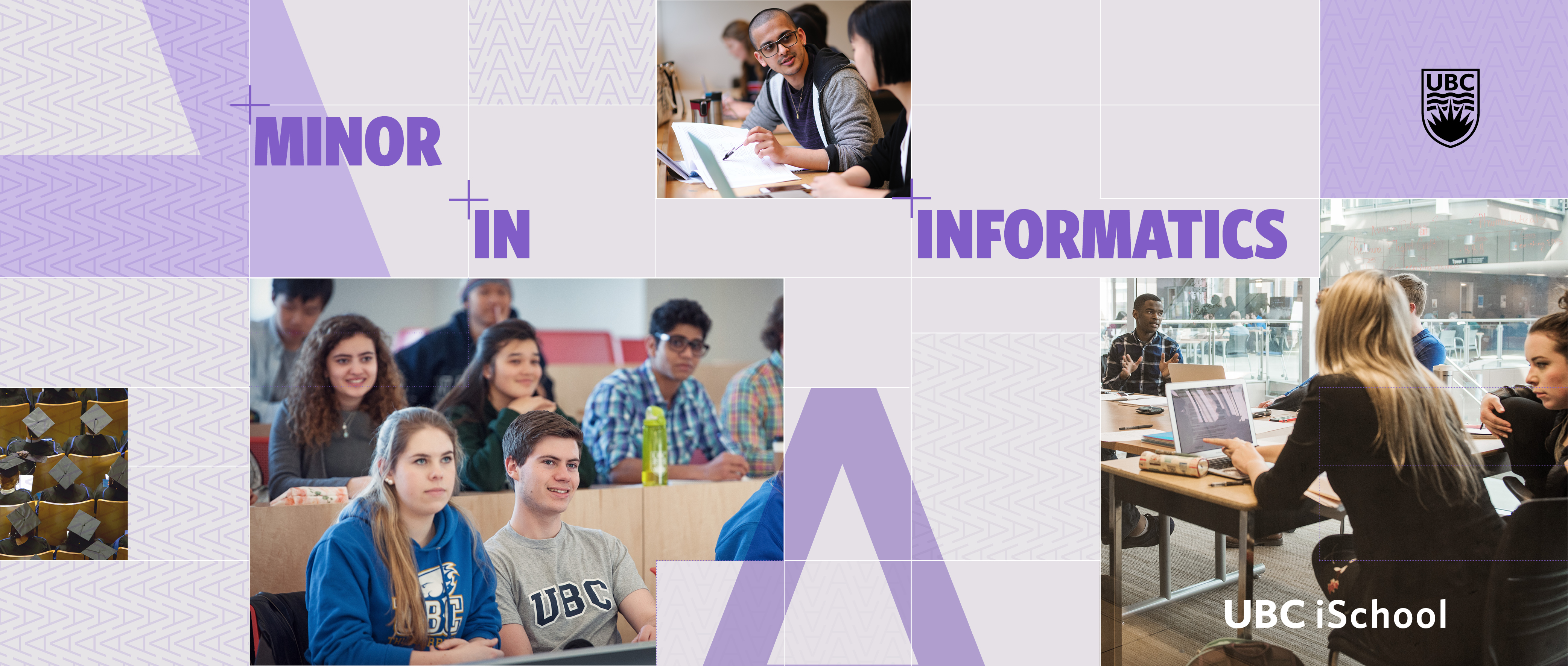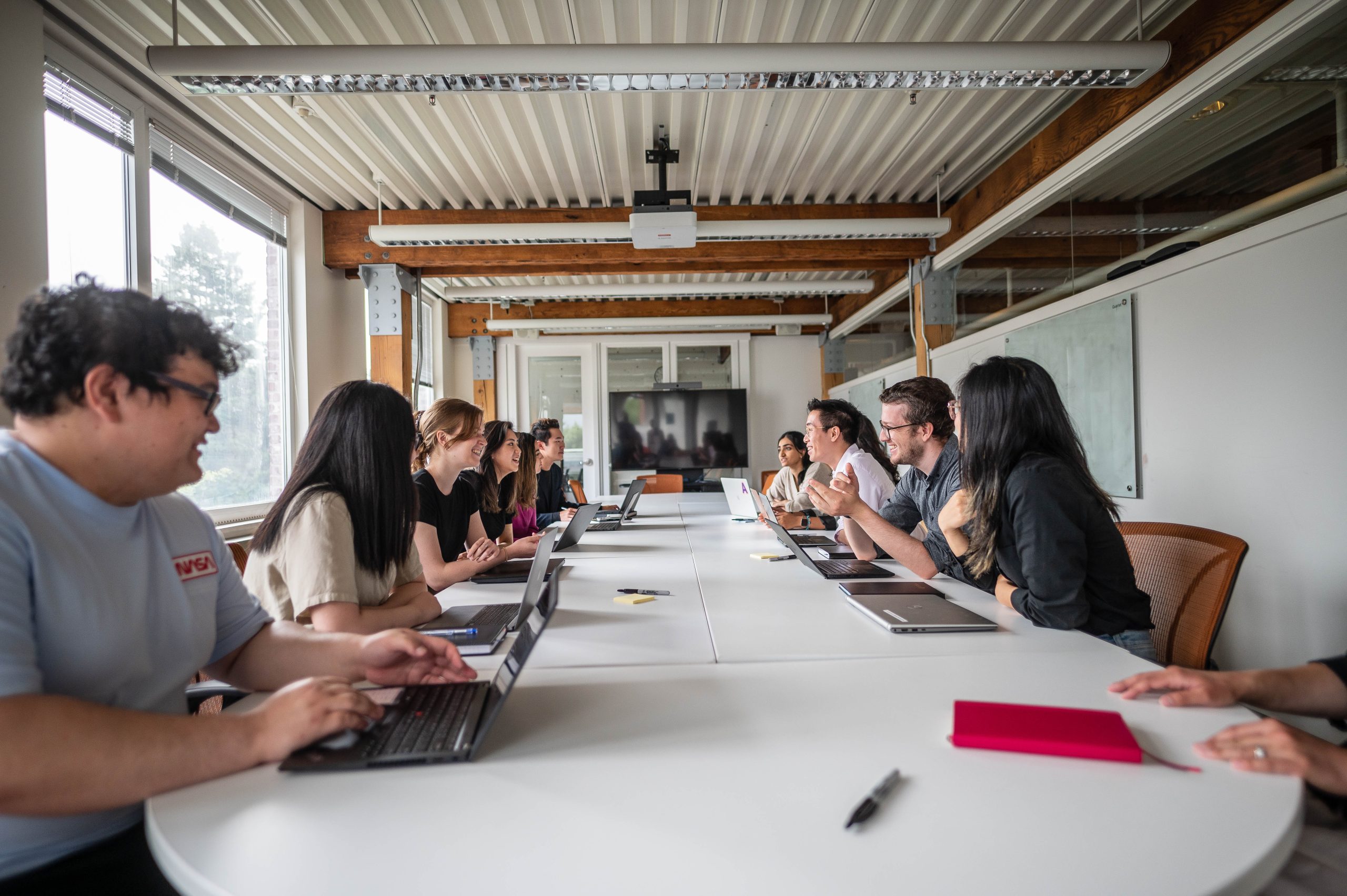

A new interdisciplinary minor in Informatics, offered by the UBC School of Information (iSchool), presents an opportunity for undergraduate students to understand how data and technology are reshaping our world.
This newly created minor offers a deep analysis of the role that information plays in our lives and culture, including critical social and ethical issues that arise from the use of digital technologies.
Available starting September 2021, you will have the chance to creatively engage with applied technologies that complement your major and help you prepare for high-demand career opportunities in technology, data and information.
We are constantly interacting with information and technology in different environments. Revising your privacy settings on Google, reviewing research on a website, and uploading files to the Cloud are examples of how technology intersects with our daily lives. As a result of our reliance on these information systems and ever-evolving technological advances, there is a need for professionals who are well-informed on the impacts of technology on privacy, media and culture, equity, and data ownership and governance.
The UBC School of Information has recently developed a new minor in Informatics in response to a growing trend toward a human-centred perspective when analyzing and designing complex information systems. The minor aims to help you better understand the emerging social challenges in our increasingly digital and data-driven world.


I will be teaching a new course on the role of search engines in society, and I can’t wait to dive into this topic with undergraduates who have grown up with Google.
Starting in September 2021, this new minor will provide an opportunity for you to develop essential skills in information and data literacy, including:
- Information science — focusing on the use of data and digital technologies in society and across multiple disciplines.
- Ownership and information governance — learning to critically review emerging technologies and current practices, as well as the challenges they present for our communities.
- Socially responsible technology design — applying socio-technical principles and understanding the potential for social injustice.
The minor in Informatics is open to all UBC undergraduate students in degree programs that allow them to complete a minor in the Faculty of Arts. Courses in this minor draw on a hybrid approach — blending theory and practice — so you can better understand the foundational theories by learning through applicable case studies in professional settings.


This minor will allow undergraduates to supercharge a social science, humanities or fine arts degree, adding technical knowledge, skills, and dispositions that will make them highly desirable in today’s workforce.
“This minor will allow undergraduates to supercharge a social science, humanities or fine arts degree, adding technical knowledge, skills, and dispositions that will make them highly desirable in today’s workforce,” explains Dr. Eric M. Meyers, UBC iSchool associate professor and instructor for the minor. “Add Informatics to any Arts major, and you will have a graduate ready for leading-edge employment in their field of choice.”
Students graduating with this minor will have multiple opportunities to continue developing their professional or academic pathways. The minor will serve as a bridge to careers in fields such as data management, information system analysis, computer and information design, business development, and public policy research, amongst many others.
“I am thrilled to see this program get off the ground, as it brings a valuable new dimension to the BA program at UBC and the chance for us at the iSchool to engage with undergraduate education,” says Dr. Luanne Sinnamon, UBC iSchool associate professor. “I will be teaching a new course on the role of search engines in society, and I can’t wait to dive into this topic with undergraduates who have grown up with Google.”


